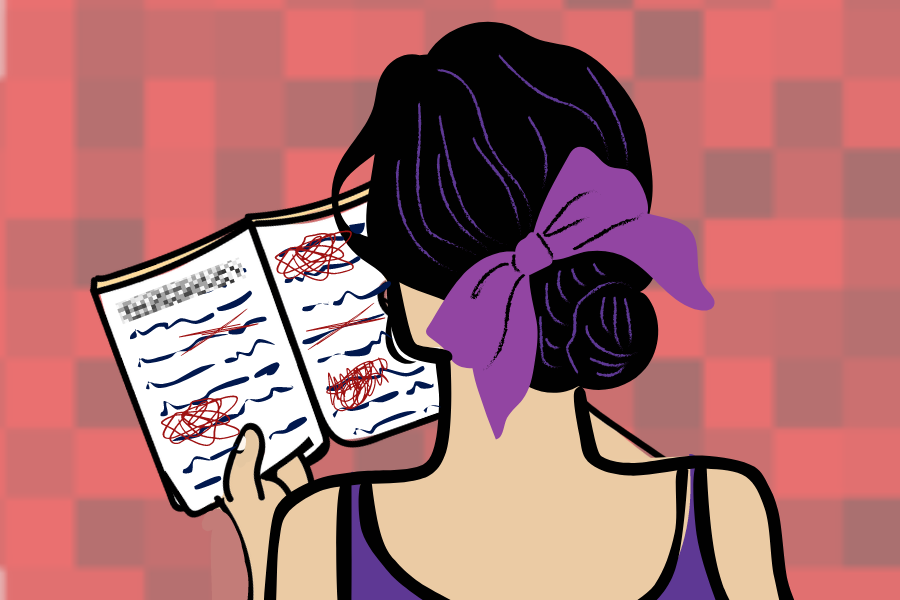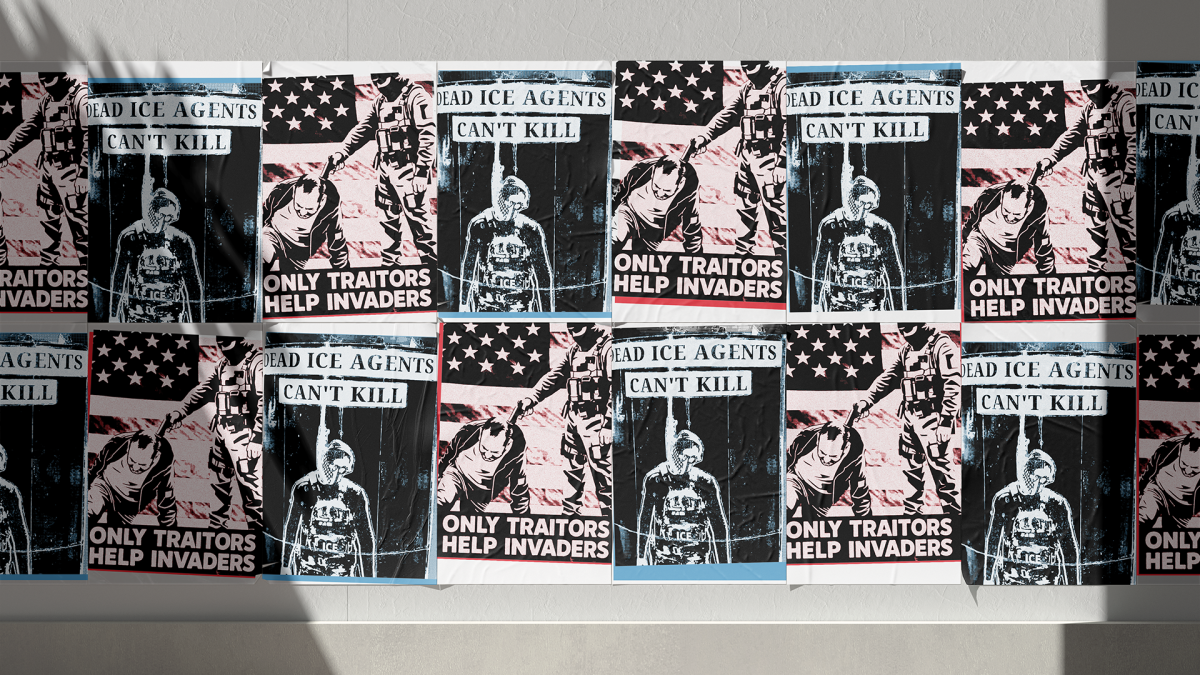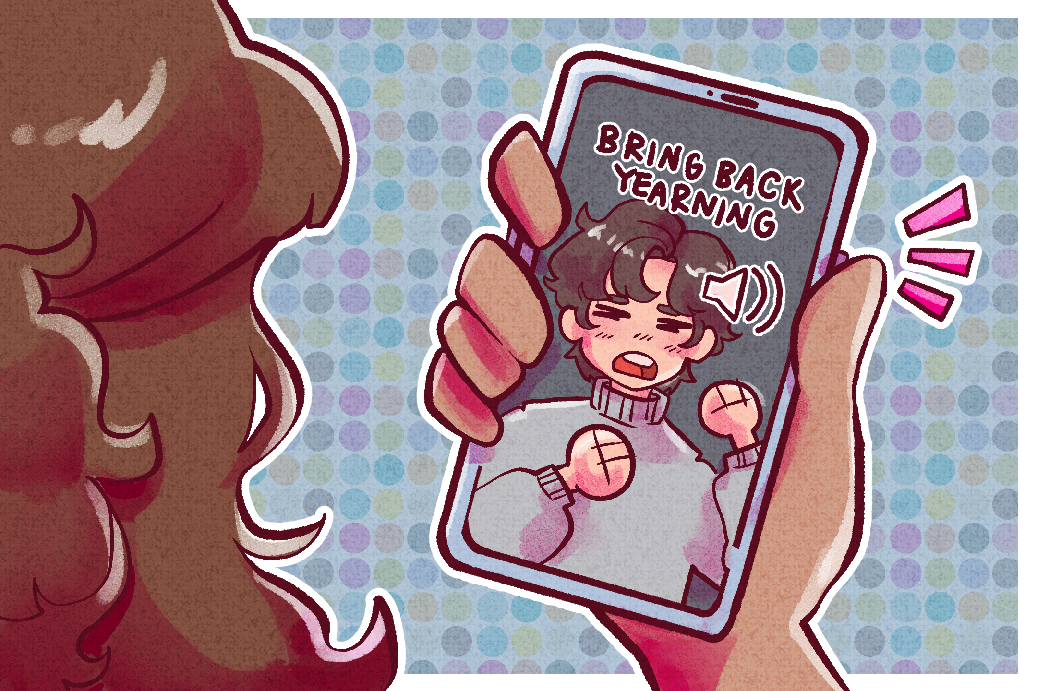As the current decade unfolds, the publishing industry has seen the rise of a new role: the sensitivity reader. Sensitivity readers are people hired to review manuscripts and provide feedback regarding any bias or negative stereotypes of the author towards any gender, race, disability, sexual orientation, religion or other identity with a history of marginalization.
Opinions on sensitivity reading are contentious, to say the least, especially since authors’ authentic voices are in danger of getting lost in the process. For some, sensitivity readers might be “unsung heroes” who function as book police, scanning for offensive content or cultural inaccuracy. For others, sensitivity readers suppress artistic freedom and are one step away from outright censorship.
In 2023, Puffin Books made a controversial announcement about their intention to alter Roald Dahl’s original texts to make them more inclusive and respectful. Words like “fat,” “crazy” and “ugly” were done away with entirely, with Augustus Gloop described as “enormous” instead of “fat” and Mrs. Twit called “beastly” instead of “ugly and beastly.” In “James and the Giant Men,” the “Cloud-Men” were altered to “Cloud-People.”
These revisions of some of the most popular children’s literature in the world — particularly by an author who warned his publishers that “if they later on so much as change a single comma in one of my books, they will never see another word from me” — drew ire from readers, authors and politicians alike. Salman Rushdie said, “Roald Dahl was no angel but this is absurd censorship.”
Margaret Atwood said in an interview with BBC News, “I’m with (Geoffrey) Chaucer, who said, ‘If you don’t like this tale, turn over the page and read something else.’” Christopher Paolini tweeted, “Don’t put words in an author’s mouth (especially one who has no say in the matter).” Queen Camilla was said to be “shocked and dismayed” at the censorship.
Get The Daily Illini in your inbox!
The reasoning that revisions were necessary because they’re children’s books doesn’t fly; children’s novels aren’t the only ones targeted. Agatha Christie’s novels had “original passages reworked or removed” for the modern audience, and Ian Fleming’s James Bond novels were edited to “remove racist references.”
Works like these are products of their time, and that’s not a bad thing. Censorship of books has no place in a free world, and selective revisions of deceased authors’ original writing sets a dangerous precedent moving forward.
What about current authors? Sensitivity readers employed by writers today — mainly young adult fiction writers — insist that unlike editors, who are actively involved with the writing process, their job isn’t to alter the text they analyze. They provide suggestions for changes the author may or may not incorporate in their books.
These suggestions come from their own lived experiences within a community, not any kind of degree or professional training. Critics of sensitivity readers are dubious about the idea that “being a member of a given demographic automatically conveys special knowledge about how everyone else in that group thinks or feels.”
In the day and age of cancel culture, authors might feel pressured to employ sensitivity readers simply out of fear that their books may get canceled. Sensitivity readers have been called “moral gatekeepers” who provide “a seductively cheap way to cancel-proof your book.” The idea that writers can’t write about experiences outside their own is a stifling oppression of creative freedom and goes against the very essence of art.
Lionel Shriver, the author of “We Need to Talk About Kevin,” has been vocal about her concerns regarding sensitivity readers. She says in her interview with The UnHerd Club, “Basically, you can’t win, because if you have a character do something that most people in that category wouldn’t do, then it’s inauthentic; but if they do things that that category of people are renowned to do, then it’s a stereotype.”
Kate Clanchy, a teacher, poet and author of her memoir, “Some Kids I Taught and What They Taught Me,” parted ways with her publisher after being accused of including “problematic descriptions of her students” in her book. Clanchy was defended by her students and wrote an eye-opening essay titled “How sensitivity readers corrupt literature,” providing vivid examples of suggestions and criticism sensitivity readers gave her regarding her work.
Clanchy was told not to state things such as “homosexuality has historically been taboo in Nepal” because “homophobia comes from colonialism,” nor should she say that “a long tight dress restricts movement.” Sensitivity readers also told her that people in certain communities wouldn’t act in a certain way, but they simultaneously criticized Clanchy for generalizing people. “Writing, they imply, should represent the world as it ought to be, not as it is,” Clanchy said.
Clanchy summed up her experience with sensitivity readers succinctly: “My readers though, have not been hired as literary people. They are there to help create a book that would play better on Twitter, not one that is better written.”









